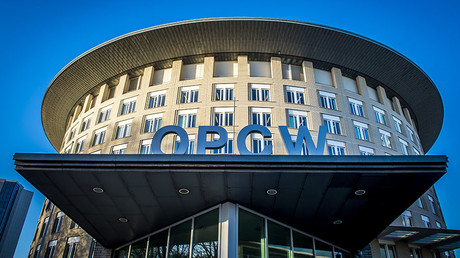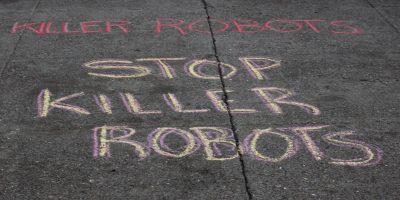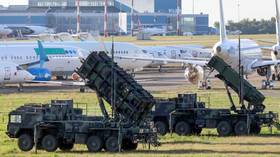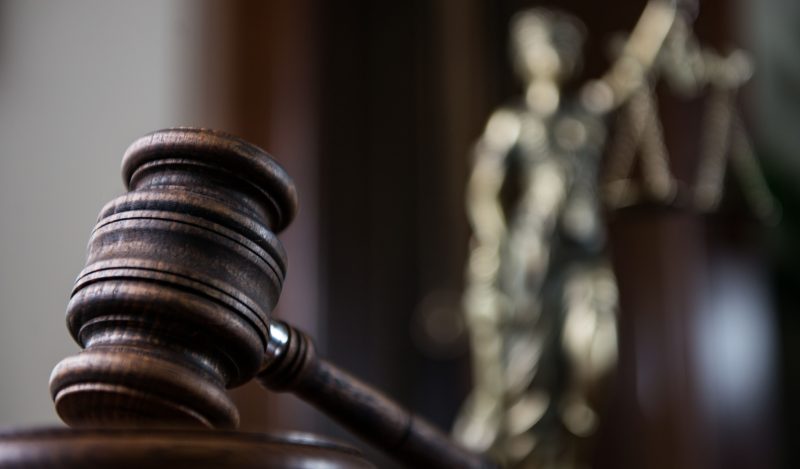No 100% assurance toxin’s origin can be determined – ex-UN chemical weapons expert on Skripal case
While there could be no way to accurately determine the origin of the toxin used against Sergei Skripal, the OPCW's reluctance to address Russia's concerns about the probe undermines its credibility, a former UN inspector told RT.
The international chemical weapons watchdog will undermine its own credibility if it refuses to address Russia's concerns about the probe into the poisoning of Sergei Skripal and his daughter, the former UN inspector in Iraq told RT.
Moscow's bid for a joint Russia-UK investigation into the Skripal case has been voted down at the extraordinary session of the Organisation for the Prohibition of Chemical Weapons (OPCW) on Wednesday, leaving Russia's concerns and questions about the Salisbury poisoning unanswered.
While Russia accused London of attempting to take advantage of the OPCW to support its own unsubstantiated claims, Dr. Anton Utkin, a former UN inspector in Iraq told RT that Wednesday's decision could undermine the only international mechanism designed to shield humanity from chemical weapons.
"If Russia asks the Executive Council to provide some sort of information, there is no way the OPCW can reject that request. So it is written strictly in the convention. If the OPCW starts to break the rules written in the convention, it will break the whole mechanism of protection of chemical weapons," Utkin told RT.
"It is very risky for the organization to break this rule, especially from the technical secretariat, which is supposed to stay out of any politics," he explained. "And a lot of countries do not like that the United Kingdom brought this political issue, pure political issue, to the walls of the organization."
READ MORE: Russia says it received only one substantive answer from OPCW over Skripal case
Sergei Skripal and his daughter Yulia were discovered on a bench in Salisbury in early March showing signs of intoxication. Without a proper investigation being carried out, London rushed to accuse Russia of the attack, claiming that a Soviet-designed A-234 nerve agent of the Novichok family was used.
Moscow has denied the accusations and demanded that the British side rely on hard facts instead of empty rhetoric . However, London refused Russia any cooperation on the case, denying its consular staff access to Russian citizen Yulia Skripal and turning down the request for a sample of the toxic substance in question.
This week British government scientists from the Porton Dawn lab admitted they couldn't tell where the toxin came from, undermining a number of claims by the Foreign Office and UK's chief diplomat, Boris Johnson, who directly pointed the finger at Russia.
#Zakharova: Porton Down chief Gary Aitkenhead announced that he cannot confirm that the nerve agent used to poison Sergey Skripal and his daughter was produced in Russia pic.twitter.com/JPDOHWCIfF
— MFA Russia




